He was born in 1926 in Giap Tu village, Thinh Liet commune, Thanh Tri district, Ha Dong province. During the French colonial period, his family was the first iron and steel merchants in Hanoi , with a famous store at 18 Lo Ren street. Nguyen Boi Giong was the 7th child in the family, studied well and passed the entrance exam to Buoi School (Chu Van An High School today), winning a partial scholarship, then a full scholarship. He was enlightened by his older brother Nguyen Hong Giam (aka Minh Dang, a martyr), joined the Viet Minh and was assigned to be the leader of the youth group for national salvation in the Set area (the area of Giap Tu, Giap Luc and Giap Bat today) from March 1945. During the Independence Declaration Ceremony on September 2, he had the honor of leading a self-defense team of 21 people to protect the area west of Ba Dinh Square.
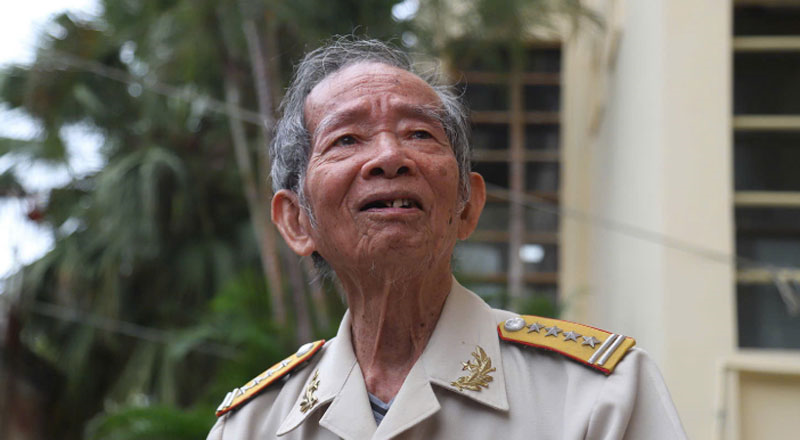 |
| Colonel Nguyen Boi Giong. Photo: NGUYEN HANH |
During the days of the national resistance war, responding to the call of the Party and Uncle Ho, he mobilized his younger sister Nguyen Thi Kim Tuyen, younger brothers Nguyen Bac Van and Nguyen Thinh Dat... to join the Suicide Army, staying to protect the capital until he was ordered to withdraw to the war zone. In the fall and winter of 1947, while he was a student of the 3rd class of Tran Quoc Tuan Military Academy, Nguyen Boi Giong and his classmates had to face a large-scale attack on Viet Bac by the French colonialists. Despite being seriously wounded in the leg, he and his teammates still completed the mission, protecting the base safely.
Due to my career, I have met many generals and veterans. They all shared the same opinion that Nguyen Boi Giong was a special person with rare intelligence and scientific thinking ability. Therefore, he is one of the special cases of our Army, having served as Military Secretary to Generals: Vo Nguyen Giap, Hoang Van Thai, Le Trong Tan for many years; being an envoy of the General Command in important campaigns such as: Border (1950), Northwest (1952), Dien Bien Phu (1954)...
As a student of Buoi School, he was very good at French. During his work, because he often worked with Chinese advisors and Soviet experts, he also taught himself Russian and Chinese. Although he was not as fluent as French, he was good enough to achieve excellent results when studying at the Central Military Political Academy of China and Frunze University (Soviet Union). In 1989, he retired at the age of 63 and actively participated in the campaign to establish the Ho Chi Minh City Veterans Association. He worked for more than 10 years before returning to Hanoi to live.
During the years of resistance, in his position as Military Secretary and Assistant to the Chief of Staff, Nguyen Boi Giong had the honor of meeting and talking with Uncle Ho many times because he often accompanied senior generals of our Army to important meetings of the Central Committee. One of Uncle Ho's advice that he always kept in mind was that he should pass on his knowledge to others.
To carry out Uncle Ho's instructions, he had a very special way of doing things: Teaching foreign languages for free and being ready to welcome students from far away, with difficult circumstances to live with him, not charging for accommodation and supporting living and studying expenses until they can be independent. Hundreds of young people have been helped by him like that. Many of them have grown up, become doctors, teachers, and successful businessmen. The small attic of more than 20 square meters located on Dien Bien Phu Street (Hanoi) "leased" by the State since the 80s of the last century is where he opens his arms to welcome young people in need of help. He often told me: "My children are all well-off, I myself have a stable income from pensions and subsidies according to the State's regime, and have the conditions to change to a new, more spacious place to live. But I still want to have a simple life and let the young people I take care of not be afraid."
Every time I visited his small attic, I always met young people, old and new. From complete strangers, with his help, they became a family. The "seeds" he planted have reaped many successes such as: To Nhu Hanh - the first female student he taught French - now has a "European Doctor" certificate, working at a famous hospital in France; Doctor Tu Anh, from Phu Tho, currently working at K Hospital; or sisters Trinh Thi Mua, Trinh Thi Mo in Nom village (Hung Yen) who he let stay with them during their university studies, have now become successful businesswomen...
A century of living quietly with history, going through two resistance wars against French colonialism and American imperialism, then entering the cause of nation building, Colonel Nguyen Boi Giong still tirelessly inspired the youth and opened his arms to embrace those in difficult circumstances. Only when he fell ill and had to be hospitalized for surgery more than a year ago, forcing him to stop all activities, did he allow himself to rest. Before the recent Lunar New Year, he still asked his maid, Ms. Thuong, to call me so he could tell me stories about the war. That encyclopedic mind still worked tirelessly. His memory was still arranged scientifically and coherently. I often told my friends about the times I had the chance to "chat" with him. After raising the issue, suggesting a topic for him to think about, when the conversation began, I only needed to write down exactly what he said and the article was basically completed.
Since I have known him, for more than 10 years now, he has called me at least once a week to ask about my health and asked me to arrange a time to come and tell him stories. Colonel, veteran revolutionary Nguyen Boi Giong is the one who inspires my writings!
BICH TRANG
*Please visit the Investigative Reports section to see related news and articles.
Source: https://www.qdnd.vn/phong-su-dieu-tra/ky-su/nguoi-lang-le-song-cung-lich-su-836616



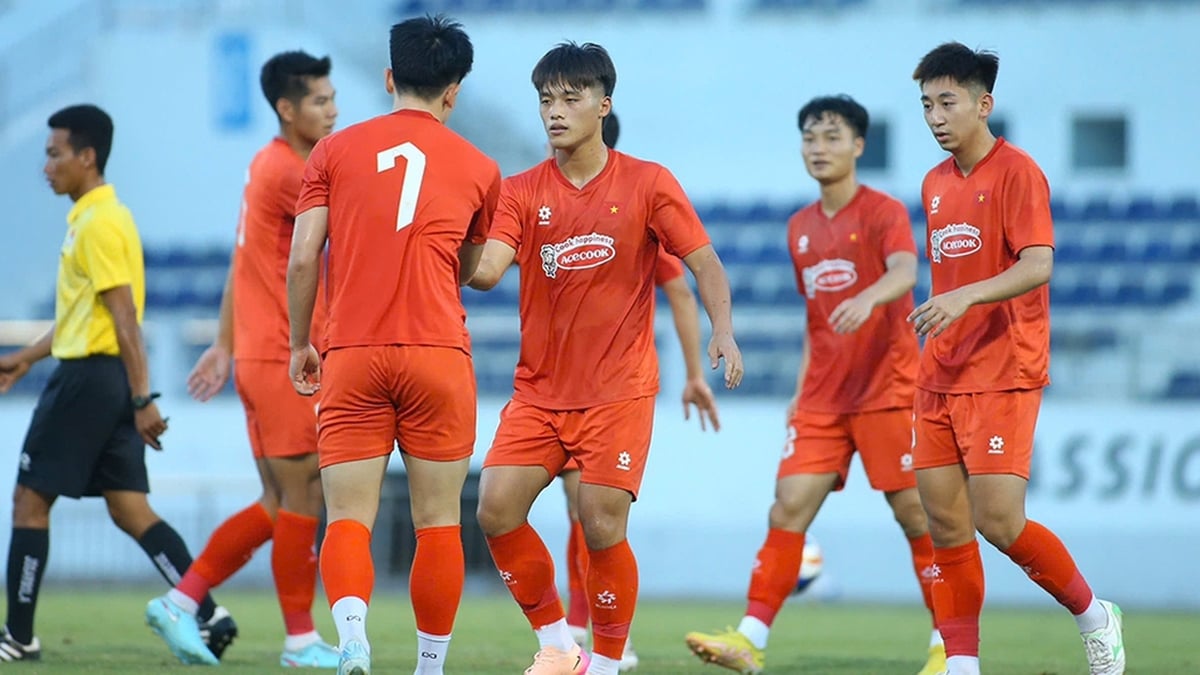

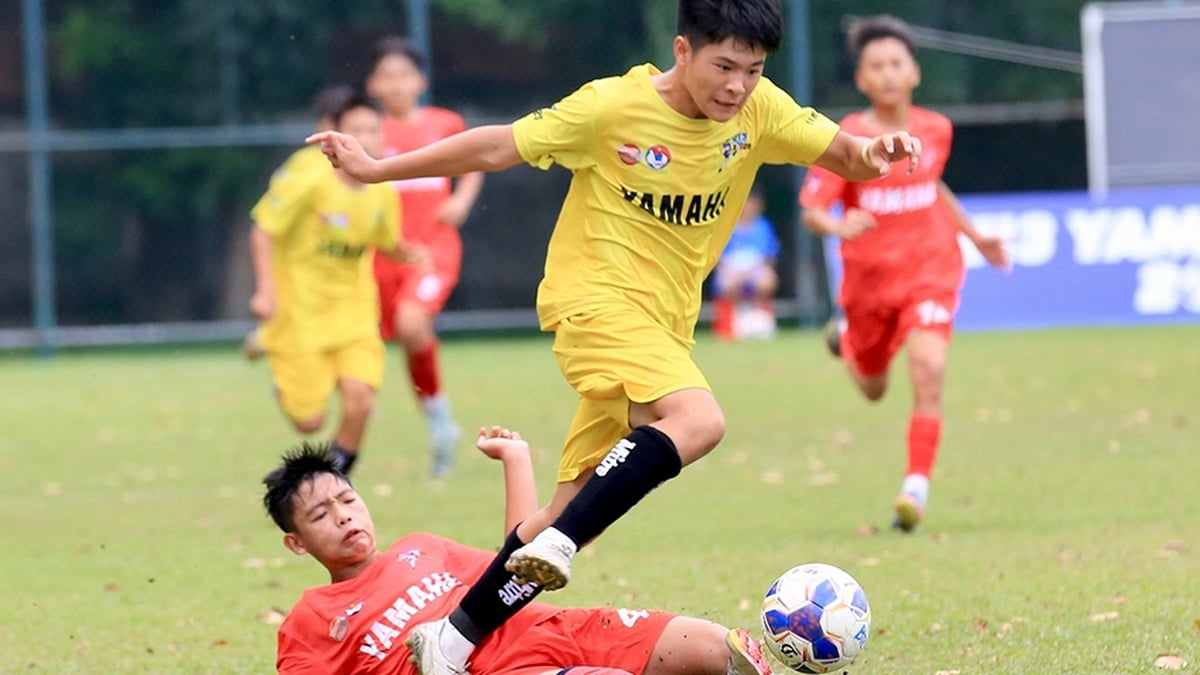
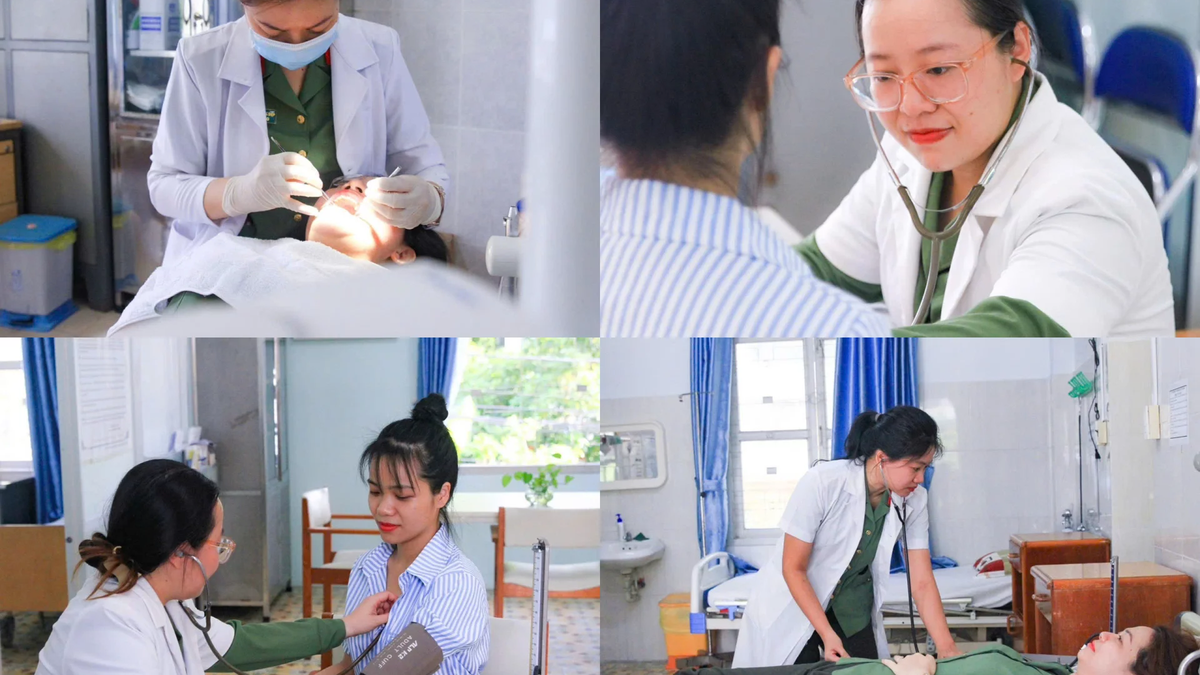
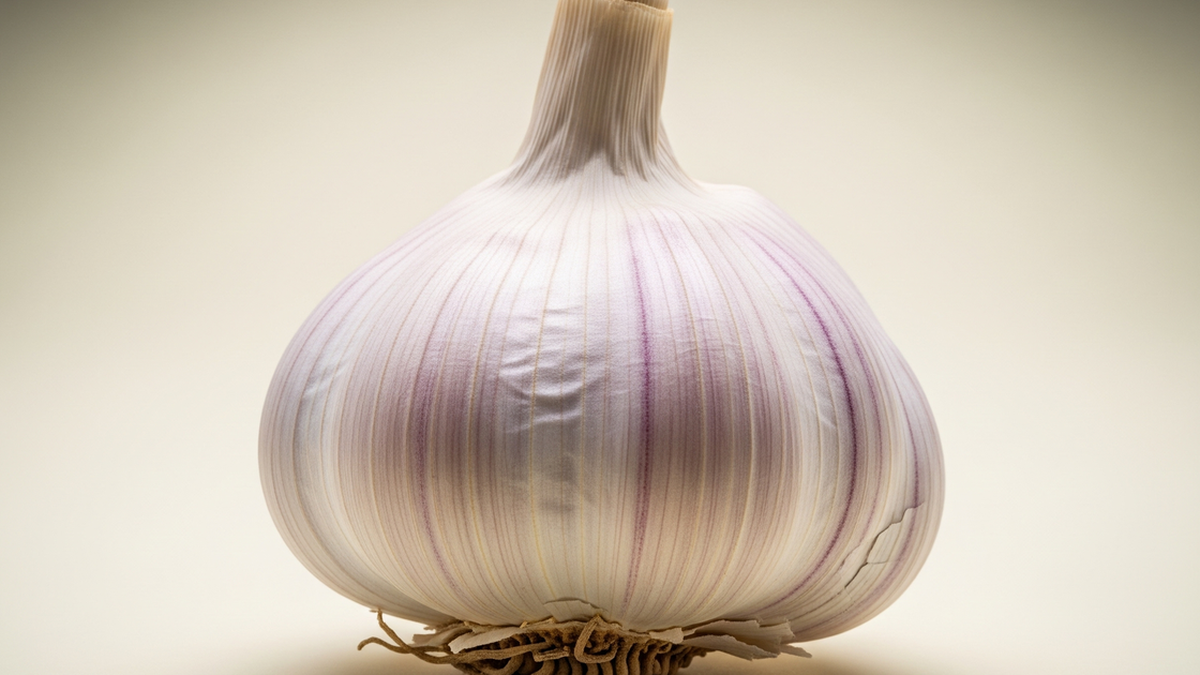
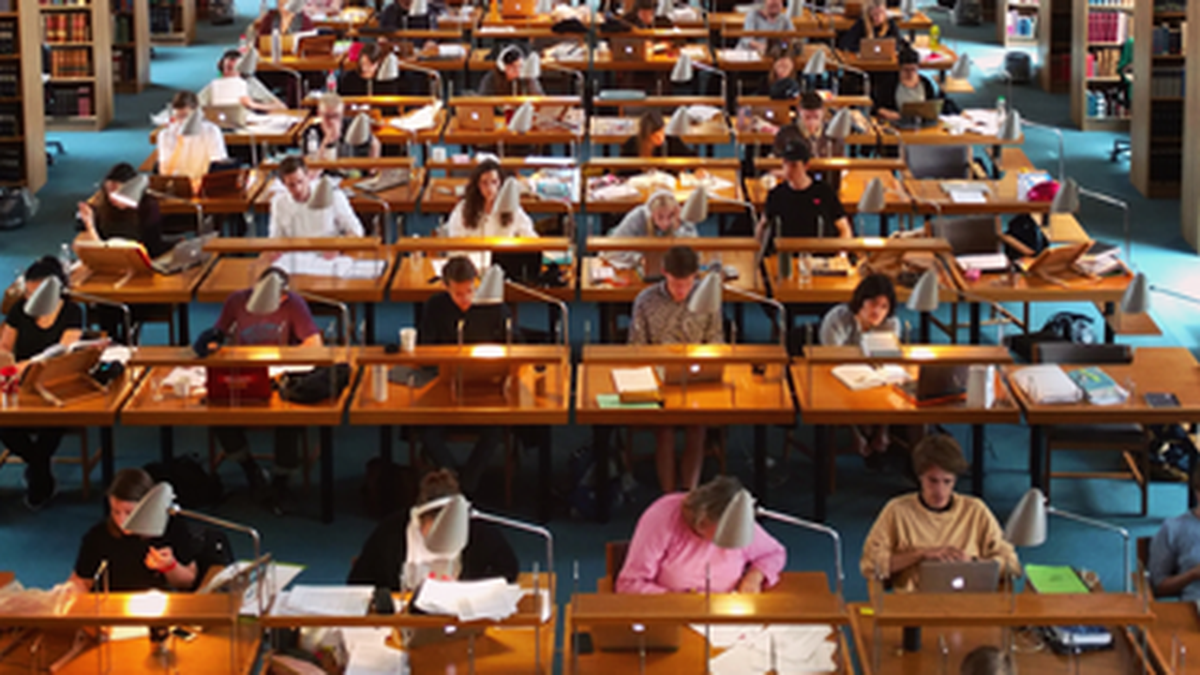

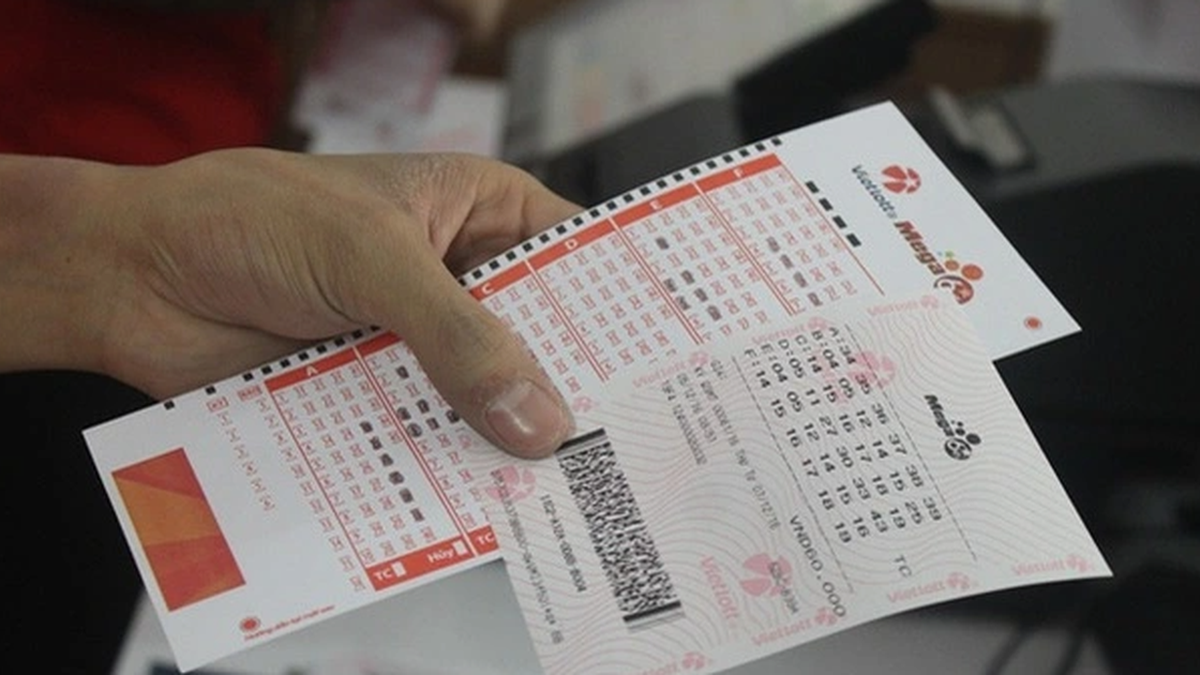



























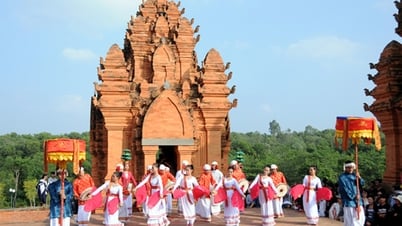





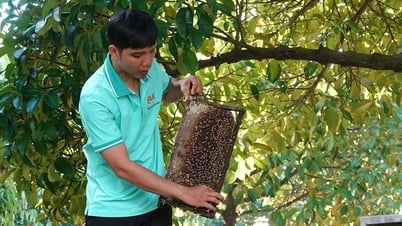

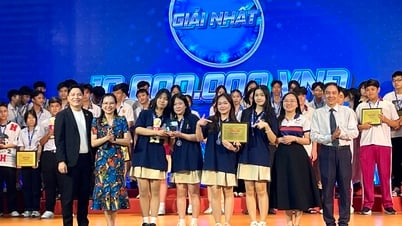

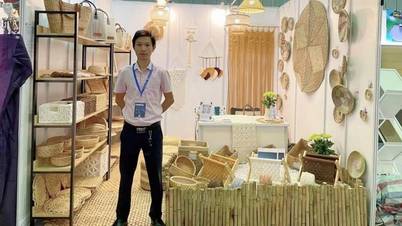
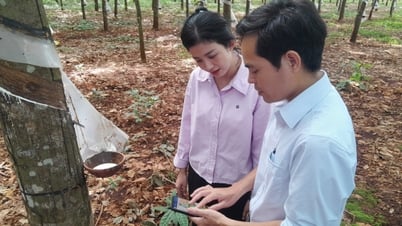

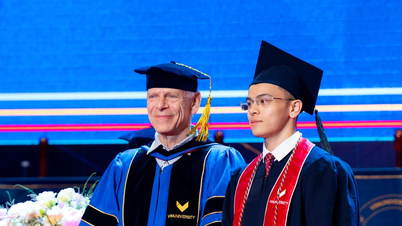

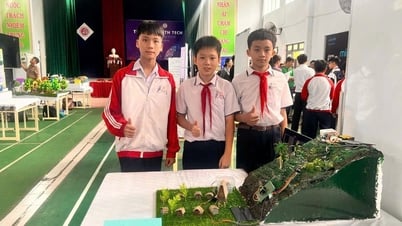








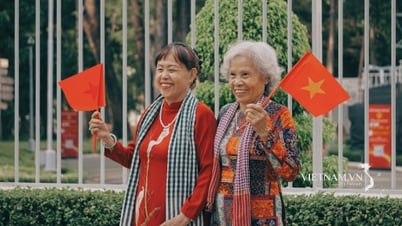
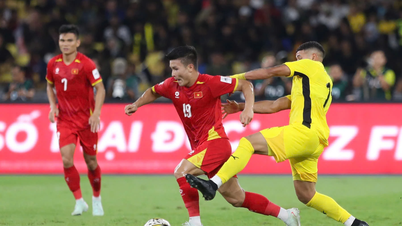








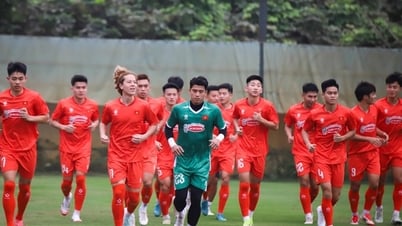



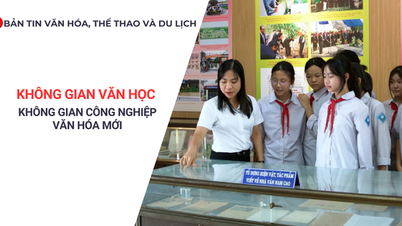
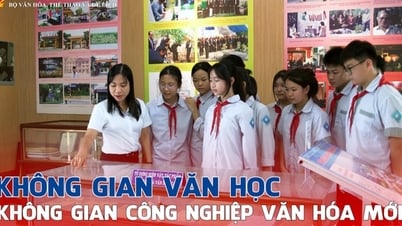
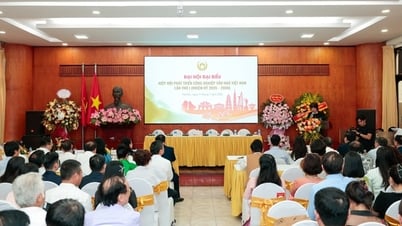






















Comment (0)